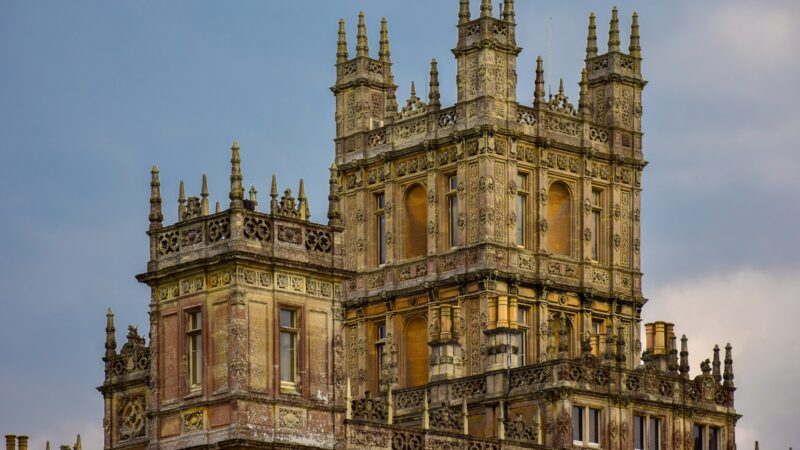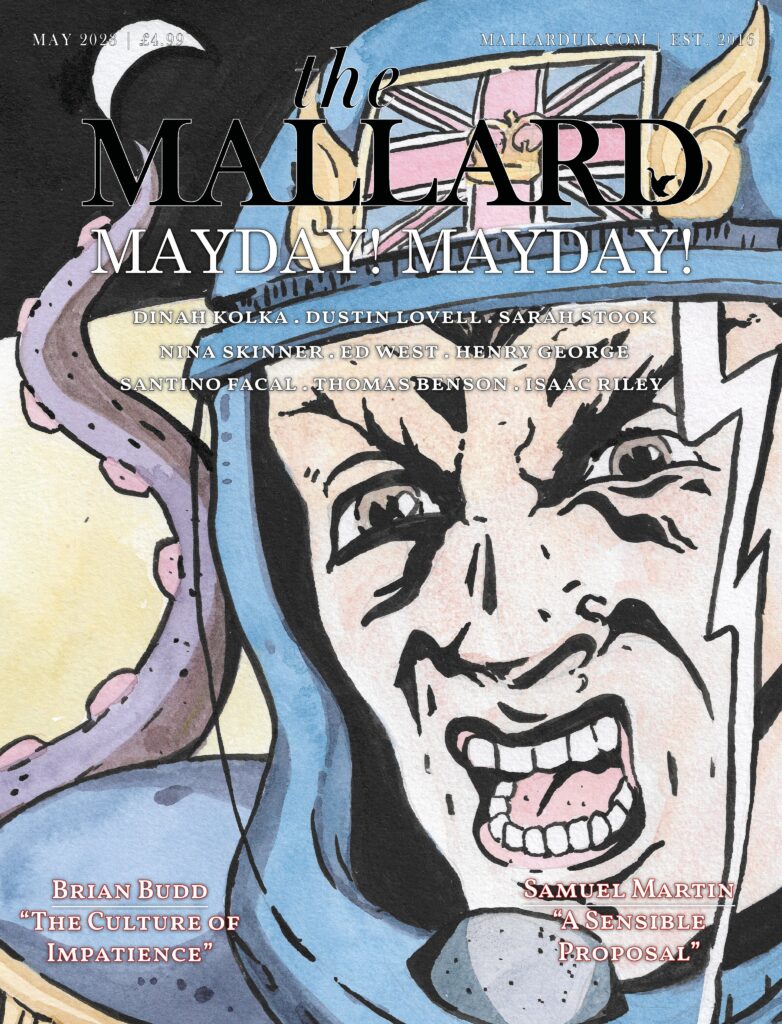Many Conservatives have noticed a worrying trend in polling recently. YouGov suggests that support for the Monarchy is falling, especially among younger people. For the first time in British history 19-24 year olds apparently support having an elected head of state instead of a hereditary one. When combined with His Highness the Prince of Wales’s constantly mediocre approval ratings, a grim future seems to loom ahead of us. Many of my colleagues have dismissed these signs as unimportant in the grand scheme of things. Perhaps they are right, but I cannot help but be worried, and my worry has driven me to write this article in defence of Monarchy against the evil that haunts modern Britain: Republicanism.
In Britain, and I do not intend to comment on any other nation in this article, we have been ruled by Kings, Queens, and occasionally Emperors and Empresses, since written records began. Because of this it seems fair to regard Monarchy, in one form or another, as the native political system of the British peoples. Whilst our Monarchs have often been foriegn, the Throne has always been a native institution, never forced on us. The same cannot be said of Parliament, a Norman-French perversion of the Anglo-Saxon Witan. The only period where every part of Britain was not ruled by a Monarch was during Oliver Cromwell’s brief stint as Lord Protector during the interregnum, where he established himself as a hereditary Absolutist ruler, a King in all but name and legitimacy. As we all know, this unprecedented period was so terrible that after Cromwell’s death Charles Stuart, son of the previous King who Parliament murdered, was asked to come home from France and be Crowned King Charles II. The only time in history where Monarchy was abolished lasted a few short decades, and ended with Monarchy’s restoration.
I believe one of the most important reasons to defend Monarchy in Britain is because it is one of the few fully domestic institutions left. Indeed, it is the domestic institution, it acts as an immaterial liferope stretching back thousands of years, on one end it is held by our ancestors, and on the other end it is held by us today. Whilst in the past we may have had more ropes strung between us, none were as important as the Throne, and all others have been cut in the name of reform and progress. If we choose to let go we lose our last real connection to our forefathers, forcing us to drift aimlessly into the future like a raft untethered from a larger ship. Some would argue, of course, that just because a system is native does not necessarily lead to its being good and worth protecting. I admit that this is true in some cases; to the Aztecs human sacrifice was native, and so too was widow-burning native to the Indians. However, a system being native almost always acts as a reason in favour of its preservation, as it is these unique elements that make each nation recognisable against one another, or connects lands far apart which share common heritage. The Throne simultaneously differentiates us from our neighbours, whilst also ties us together with our friends in Australia, Canada, New Zealand, and many other nations who share the Queen as their Head of State. Until Monarchy is proven completely rotten it must stay, for our ancestors sake as much as ours.
Many have already written on the economic benefits the Monarchy brings for Britain. I find these arguments boring and unconvincing. For example, they often imply that we should support abolition if the Monarchy cost more than it brought in, an idea I find abhorrent. Instead an argument I find far more convincing, and one I hope Republicans will struggle to argue against, is the fact that the Monarchy acts as a foundation for every law in the country. Britain is well known for our unwritten “constitution”. Instead of writing a single document to clarify everything from rights to how Parliament is to sit we simply use the laws that our fathers, grandfathers, great grandfathers and so on wrote to settle these issues. If we find these laws no longer suit us, we pass new ones that supersede and replace them. I love this system. It grants us both flexibility and structure. Even if at times it can be confusing, it is uniquely ours. However, unlike in America where their constitution essentially derives its authority from itself, our beautiful tangled mess of a constitution is built on the firm foundation of the Monarchy. It is the only institution that was not founded by some law, rather each law gains its force and legitimacy from the Monarch themself. When one keeps this in mind, it seems impossible for Abolition to occur without also requiring huge constitutional reform. Trying to get rid of the Monarchy without upsetting our delicate Constitutional arrangement, like trying to remove a house’s foundations without causing the whole thing to collapse. It would not be enough to pass an amendment removing any mention of the Monarch from every law ever passed, the powers of the Monarch would have to be given to someone, and who does the general public trust with such immense power; Boris Johnson? Keir Starmer? The House of Commons? None of these people have proven themselves to be as prudent or farsighted as Her Majesty the Queen or any of her predecessors and none are worthy of the powers of State. Do you trust anyone to rewrite the entire British Constitution and not make a mess of it, or worse edit it in a way that benefits their party and their interests? You clearly shouldn’t, and the safest way to ensure they don’t is to fight to protect the Monarchy at all costs.
There are many points that I have failed to make in this article. Whether because I found them overdone or unconvincing, I have not written any argument that cannot in part explain my own personal devotion to our greatest institution, or why I will fight for its continuation until I draw my last breath. Such arguments can be found elsewhere, and perhaps I will write a more general ‘Monarchist Manifesto’ at a later date. I only hope to have contributed a few somewhat unique points in this extremely important debate.
God save the Queen.




